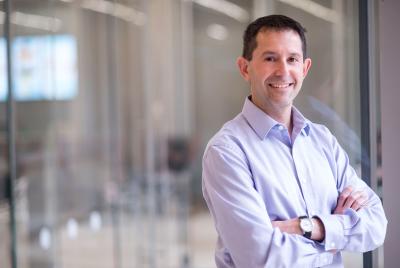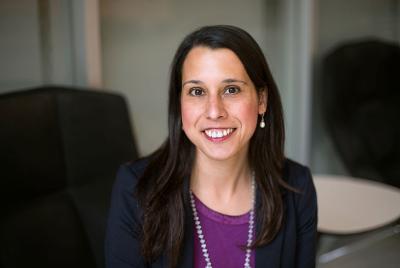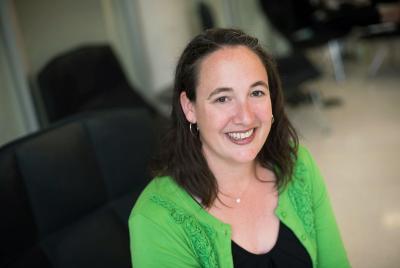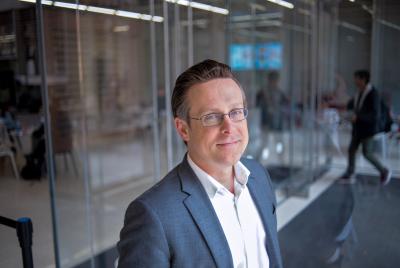About
At UT Computer Science, people make progress through shared work and strong support. Students, researchers and partners join a community that values curiosity, collaboration and the chance to make a real impact.
Department Founded
1969
7,600 undergrad + graduate students
87 full-time, tenured, tenure-track and professional faculty
Students From
40
States
77
Countries
20,000+
alumni and growing
incoming, fall 2024
Computer Science shapes how we generate knowledge and educate students for the future. UT Computer Science is at the forefront, through groundbreaking research, innovative teaching, top talent, and vital collaborations and partnerships.
Peter Stone
Professor, Truchard Foundation Chair in Computer Science, and Department Chair
Meet Our Leadership Team




# 9
U.S. computer science undergraduate programs
US News & World Report, 2026
#7 in Artificial Intelligence
#9 in Theory
#11 in Cybersecurity
#11 in Programming Languages
#12 in Computer Systems
#14 in Software Engineering
# 7
U.S. computer science
graduate programs
#7 in Theory
#8 in Programming Languages
#10 in Artificial Intelligence
#11 in Systems
US News & World Report, 2025
Recognized for Leadership and Discovery
Members of the UT Computer Science community drive innovation across research and industry. Their awards highlight leadership that moves the field forward.
Research That Moves the World Forward
From artificial intelligence to quantum computing, research at UT Computer Science transforms ideas into impact. With 17 focus areas and more than 40 centers and labs, our community leads discoveries shaping the future of technology.
Our Home
Located in the heart of campus, the Bill & Melinda Gates Computer Science Complex and Dell Computer Science Hall is the state-of-the-art home of the Department of Computer Science. The complex brings together instructional, research and collaborative spaces that fuel innovation and discovery. Glass-walled laboratories connect to surrounding offices and discussion areas, making research visible and fostering collaboration. A bright atrium links both wings, serving as the social heart of the complex where students and faculty meet, work together and exchange ideas.
3 computer labs
200-seat lecture hall
7 classrooms
10 seminar rooms
24+ discussion rooms
20k sq ft flexible research lab space
8 conference rooms
The Heart of Campus Robotics
The Anna Hiss Gymnasium serves as a hub for robotics research and innovation on campus. Fully renovated as a state-of-the-art facility, it provides flexible laboratories and fabrication spaces where students and faculty can prototype, test and advance robotic systems. The building supports hands-on experimentation, real-world applications and collaborative projects that push the boundaries of what robots can do.
55,000 sq ft total building space
4 modern fabrication facilities
1,200 sq ft motion capture studio
Simulated Apartment for service robotics research
Simulated Operating Room for surgical robotics research
Heavy Robotics Bay for robots operating in hazardous environments
Our Advisory Council
Our Advisory Council is an external community of alumni and friends who support, advise and assist the chair in accomplishing the department's academic and societal missions.



